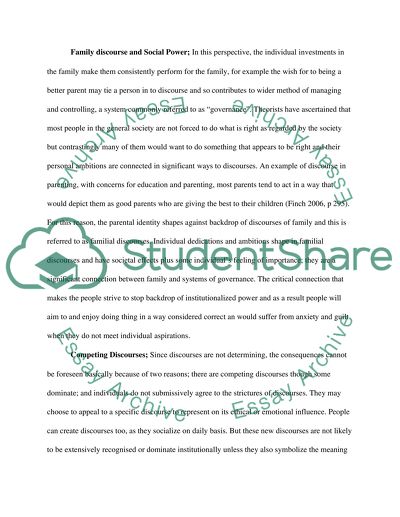Cite this document
(“Meaning Of Family Essay Example | Topics and Well Written Essays - 2500 words”, n.d.)
Retrieved from https://studentshare.org/sociology/1514089-meaning-of-family
Retrieved from https://studentshare.org/sociology/1514089-meaning-of-family
(Meaning Of Family Essay Example | Topics and Well Written Essays - 2500 Words)
https://studentshare.org/sociology/1514089-meaning-of-family.
https://studentshare.org/sociology/1514089-meaning-of-family.
“Meaning Of Family Essay Example | Topics and Well Written Essays - 2500 Words”, n.d. https://studentshare.org/sociology/1514089-meaning-of-family.


